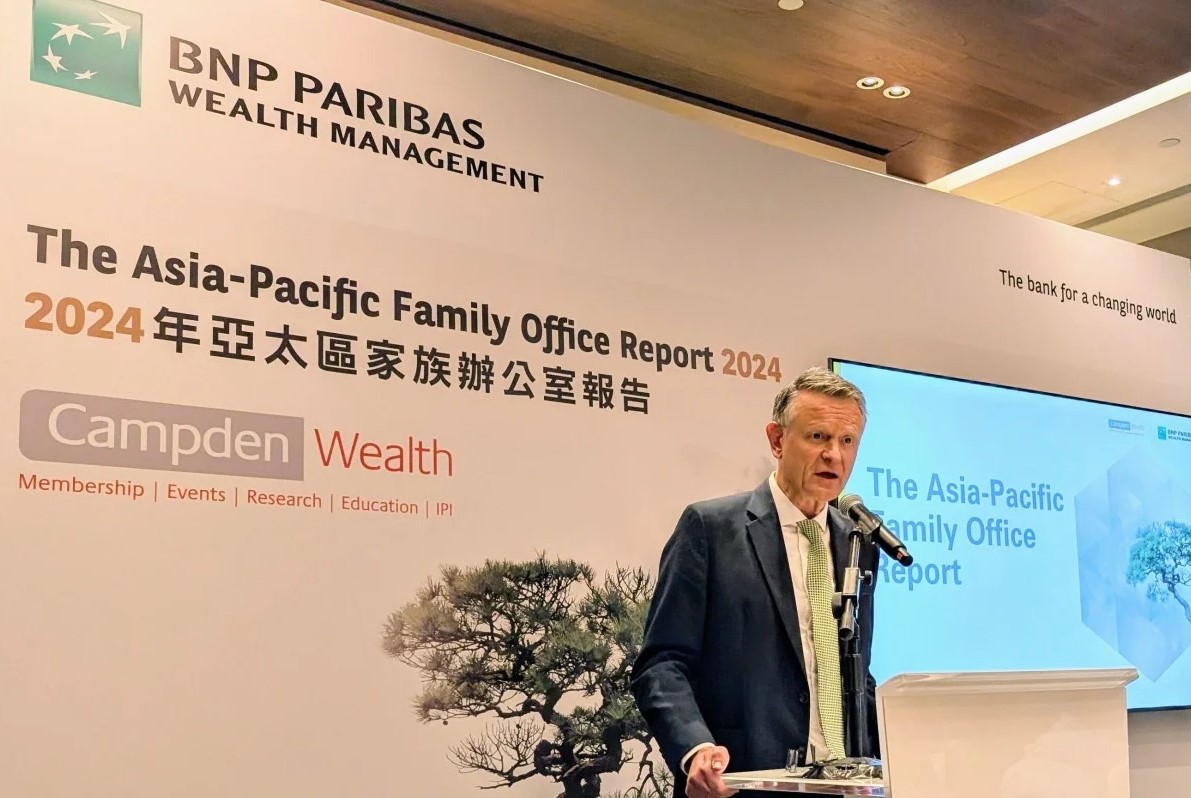Southeast Asia is experiencing an unprecedented surge in family office establishments, driven by rapid wealth creation, generational transitions, and favorable regulatory environments.
This growth represents a fundamental shift in the region’s wealth management landscape, with significant implications for capital markets and economic development.
Quantitative Growth Metrics
The expansion of family offices across Southeast Asia has been remarkable in scale and velocity.
The number of single-family offices in Hong Kong and Singapore, the hubs for such entities in Asia–Pacific, has quadrupled since 2020 to about 4,000 across both jurisdictions.
Singapore alone demonstrates this explosive growth trajectory, with single family offices growing from just 400 to 1,650, with expectations that new additions in 2024 will surpass the 300 added in 2023.
This concentration is further evidenced by Singapore’s dominant market position, where 59% of family offices in Asia are located in Singapore, with over 2,000 family offices representing a 43% year-on-year increase.
The regional impact extends beyond these financial hubs, with family offices now accounting for a third of the region’s investors, up from a fifth in 2020.
Wealth Creation Drivers
The proliferation of family offices directly correlates with Southeast Asia’s wealth expansion. The number of ultra-high-net-worth individuals (UHNWIs) in Southeast Asia, defined as those with over US$30 million in assets, grew by 7.5% year-on-year, outpacing North America and Europe.
This growth has been particularly pronounced in countries like Indonesia, the Philippines, Vietnam, and Thailand, driven by booming real estate, tech entrepreneurship, and family-owned conglomerates.
The broader economic foundation supporting this wealth creation includes substantial economic growth over the past decade, propelled by factors such as foreign direct investment, urbanization, and infrastructure development in countries like Singapore, Indonesia, and Thailand.
Additionally, Asia-Pacific private capital grew at 13% CAGR between 2013-2023, fastest compared to other regions.
Investment Evolution and Market Transformation
Family offices are reshaping investment patterns across Southeast Asia. The proportion of private market investments rose to over 30 percent in the first half of 2024, up from 18 percent in 2022, with growing investor interest in real estate and infrastructure opportunities in emerging markets.
This shift demonstrates the sophisticated investment strategies these entities are employing.
A critical driver behind the family office boom is generational transition.
Many of Asia’s first-generation wealth creators are now moving businesses or capital to the next generation, with second-generation leaders seeking more governance, strategic planning and professionalisation in how their family’s wealth is managed.
This transition is supported by advanced planning capabilities, with 65% of APAC family offices having succession plans, significantly ahead of their global counterparts.
The trajectory suggests continued robust expansion in Southeast Asia’s family office sector. The convergence of wealth creation, favorable regulatory frameworks, generational transitions, and sophisticated investment demands positions the region for sustained growth in this sector.
This development signifies not just a shift in wealth management preferences, but a fundamental evolution in how ultra-high-net-worth families approach capital preservation, growth, and succession planning across Southeast Asia.
The data indicates that Southeast Asia’s family office sector has moved beyond emergence into a mature, rapidly expanding ecosystem that will continue to influence regional capital flows and investment patterns in the years ahead.
FamilyOfficeNewsAsia.com



